Don't miss out on the opportunity to listen and download this episode's mp3 for free from my podcast. Click the link and start listening now!
SUMMARY
- As a senior instructional designer, program manager, and instructor for the University of Miami School of Education and Human Development, Luke Hobson has a wealth of experience in the field of e-learning and is passionate about sharing his insights, learnings, and advice with others. In this podcast interview, Luke shares his expertise on the field of instructional design, emphasizing the importance of project management skills, communication, and networking.
- Luke's interest in e-learning began in 2013, when he learned about the role of instructional designers from a friend. Since then, he has made significant contributions to the field, founding the Instructional Design Institute and authoring the book "What I Wish I Knew Before Becoming an Instructional Designer". Luke believes that a successful instructional designer must possess a diverse set of skills, including the ability to manage projects effectively and communicate clearly with stakeholders.
- In his interviews, Luke stresses the importance of networking and recommends that listeners explore opportunities to interview different instructional designers to gain insight into their individual approaches. He suggests that listeners take inspiration from various designers and combine different elements to create their own unique style, similar to how one would develop their public speaking style. By doing so, Luke believes that instructional designers can continue to evolve their approach and remain relevant in the field.
- Despite facing rejection from instructional design jobs for two years, Luke's refusal to give up and constant desire to improve led him to success in the field. He encourages listeners to view negative feedback as an opportunity for growth and to adopt a growth mindset to continually challenge themselves. This approach, according to Luke, is critical for success in the field of instructional design.
- Luke also believes that new technologies, such as the chatbot GPT, will become increasingly important in the industry. He emphasizes the importance of staying up-to-date with technological advancements and being persistent in pursuing goals. By taking actionable steps and embracing feedback, listeners can develop their skills and succeed in the field of instructional design.
- In addition to sharing his insights on the field of instructional design, Luke also discusses his own personal journey and the challenges he faced along the way. He credits his refusal to accept the word "no" and his determination to constantly improve as the key factors that enabled him to break into the field. Luke encourages listeners to embrace challenges and view them as opportunities for growth and development.
- In conclusion, Luke's experience and insights provide valuable guidance for anyone interested in pursuing a career in instructional design. By developing project management skills, communication abilities, networking opportunities, and a growth mindset, aspiring instructional designers can enhance their chances of success in the field. Moreover, by keeping up with technological advancements and taking actionable steps to improve their skills, they can stay relevant and continue to grow professionally.
INSPIRATIONAL QUOTES
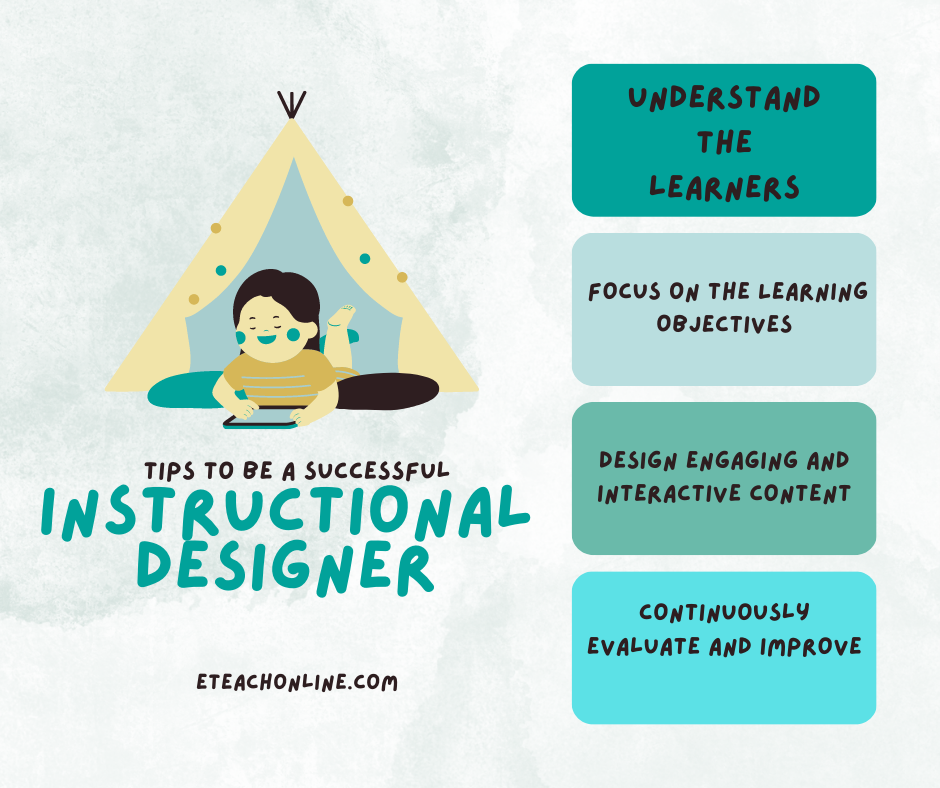
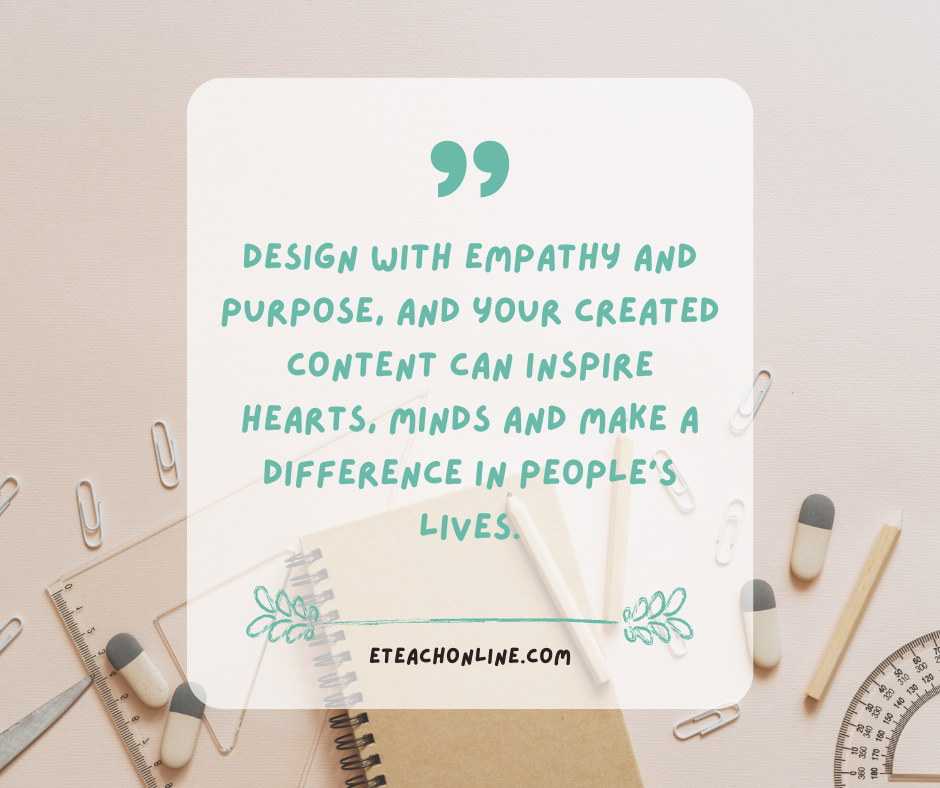
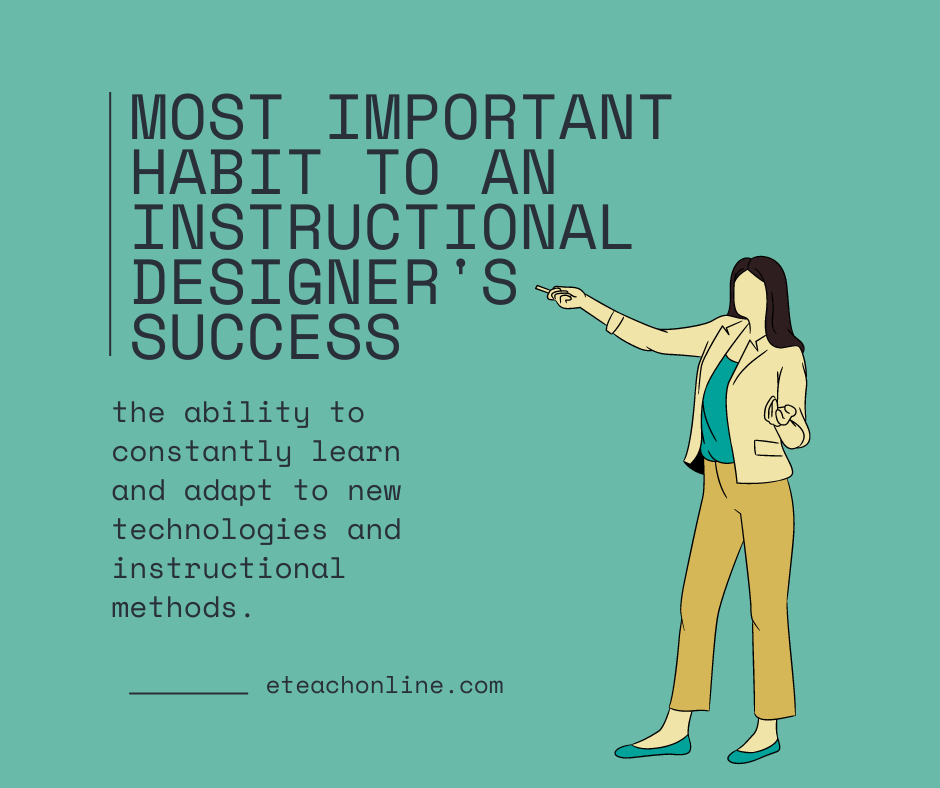
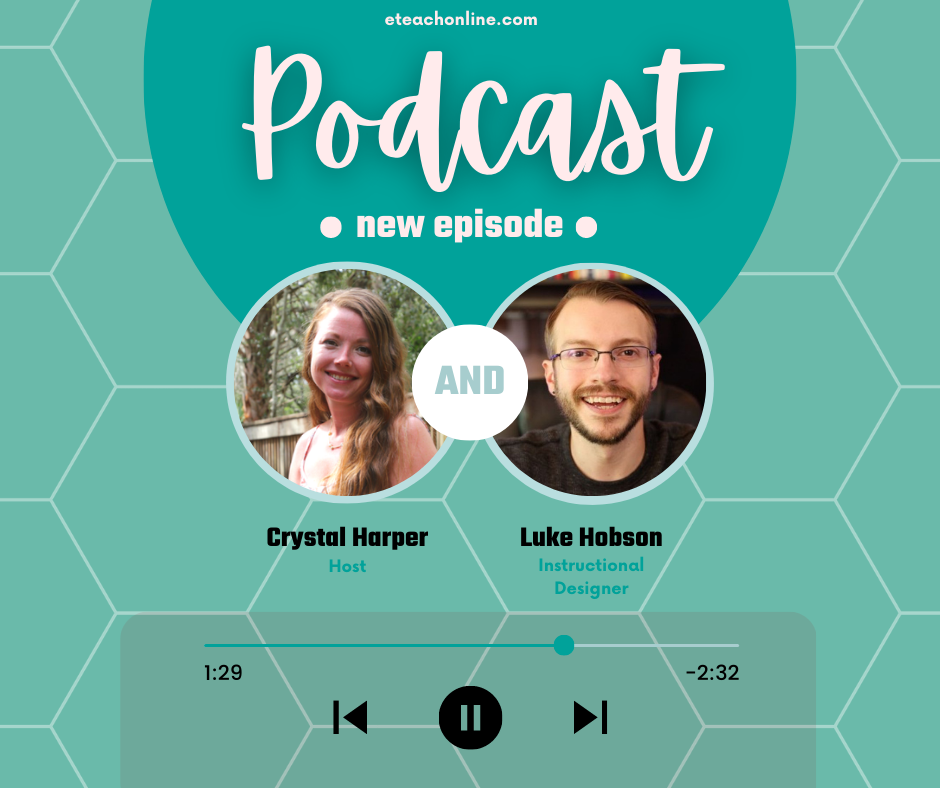
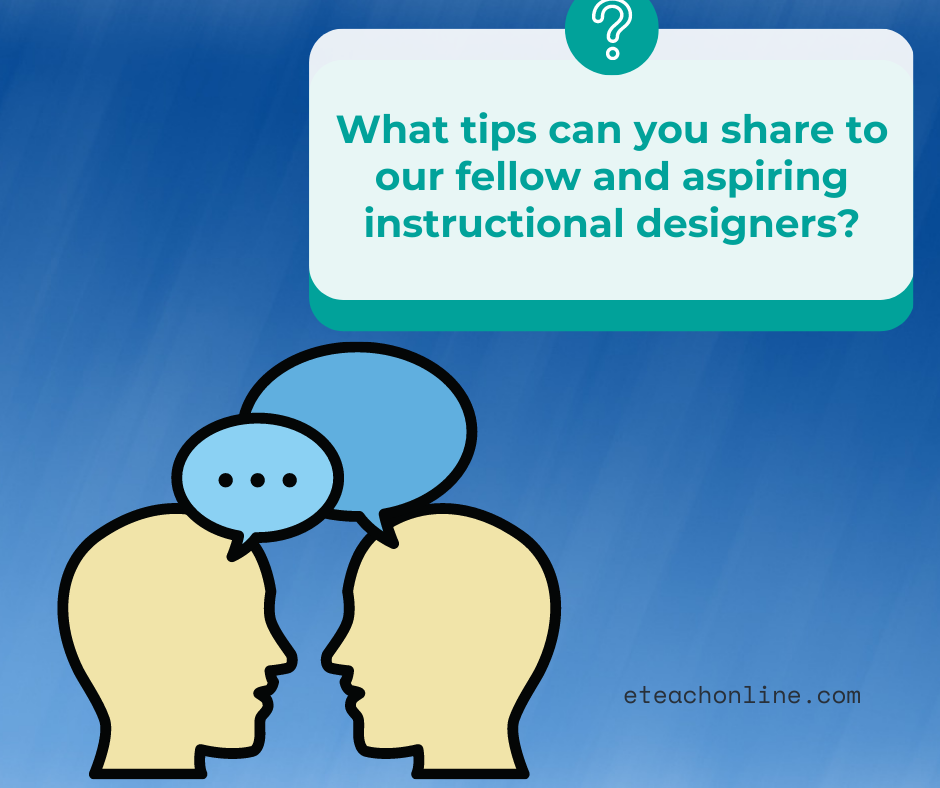
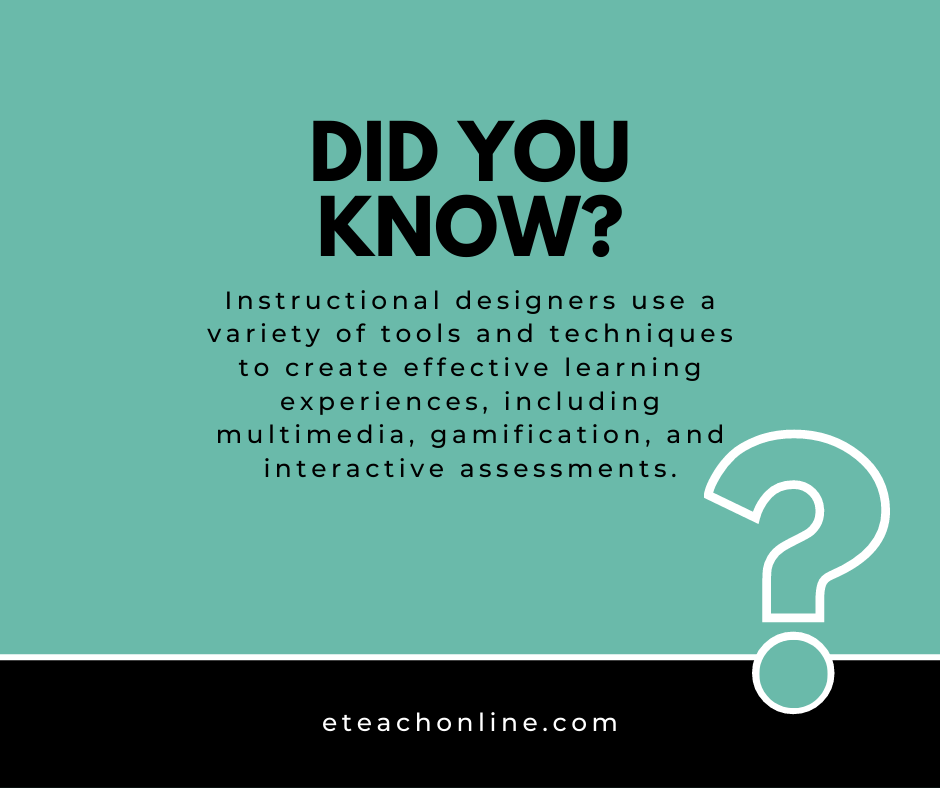
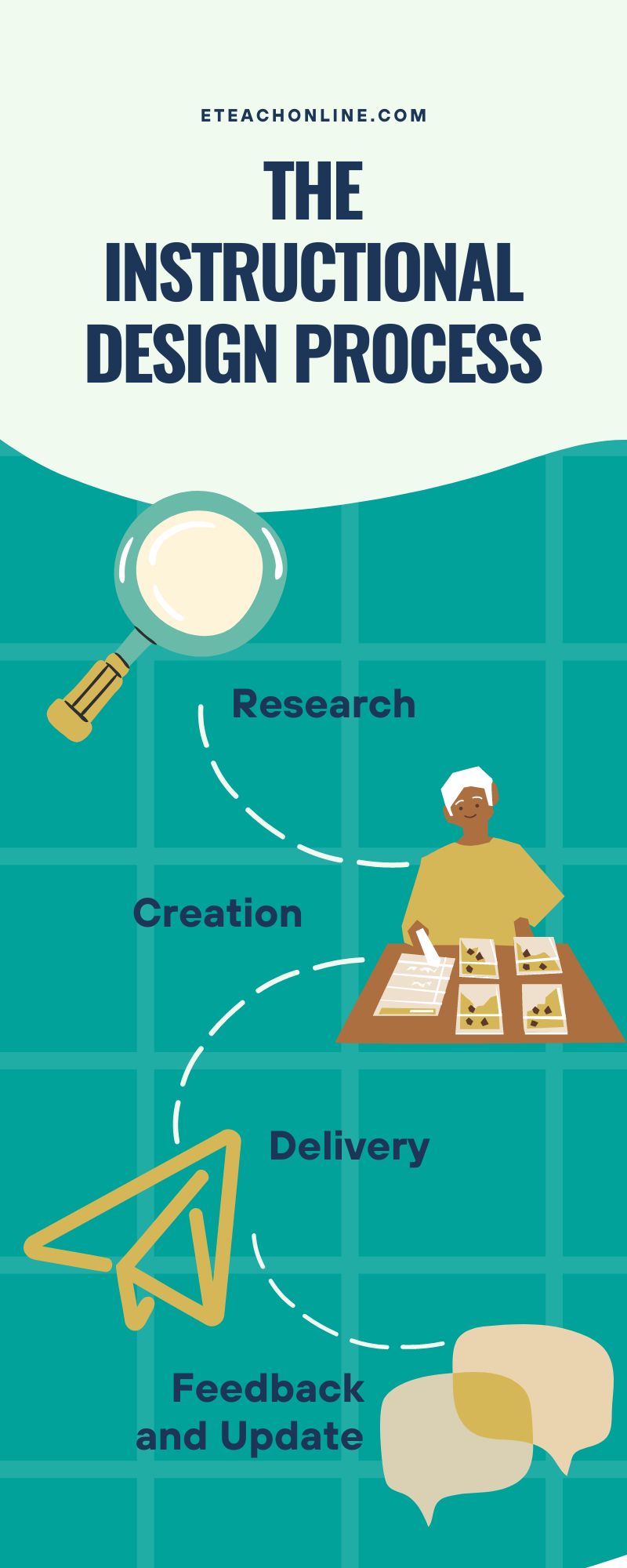
TRANSCRIPT
Dr. Luke Hobson. Dr. Hobson is a senior instructional designer and programme manager at MIT X Pro, and instruction, an instructor for the University of Miami School of Education and Human Development, and the founder of instructional design institute. He's also the author of the book, what I wish I knew before becoming an instructional designer, it's safe to say that his life is online learning, and he loves sharing his experiences with others to help them learn about instructional design. Welcome, Luke.
Thank you so much, Crystal. I'm happy to be here.
Awesome. So how long have you been working and instructional design?
So I first heard about instructional design back in like 2013. And I did everything I could to try to become an instructional designer. But no one gave me a chance. So it took me two years. And then I became an instructional designer in 2015.
Awesome. What inspired you to pursue elearning and instructional design? And what drew you to this field?
So I actually met, I worked at a university, I went to Southern New Hampshire University years ago, and I was constantly networking and talking with people, I would be the person who had bounced around like cubicle to cubicle, wanting to be able to talk to people and learn more about what it is that they do. And in the university space at the time, there's always other people. And I'm like, I have no clue what you all do. Because I was an academic advisor, I had no idea what other people did. And I always thought that the online courses were created by the professors. I just assumed that and then I talked with some of my friends. And one day I met someone who was an instructional designer. And I was like, Well, what the heck is instructional design? And he's like, Well, you know, how you're coaching your students through these online courses? Well, someone has to design those learning experiences. And that's what I do. I was like, oh, like, that's, that's the job. Just like, yeah, it's literally like my entire career. It's what I do. And I was like, Well, I thought professors made them because I got it. And I think we partner with the professors to work with them. But together, that's how all these things come to be. So that was my first introduction into instructional design and hearing that for a living, I can actually just care about students' learning experiences. Instantly, I was hooked. And I was like, okay, whatever I gotta do, I'm going to become an instructional designer. And that's how I kind of fell into the field. Is this, trying so hard and keep on working? And eventually, I got my chance, and then it was all going from there.
Great. That's so cool. I love it. It's so funny how, yeah, it's, uh, well, now I love that it's becoming more and more known. But I was the same. I just fell right into it. I was actually getting a degree in instructional design and didn't even know what an instructional designer was at the time. So I love your story.
I wanted to go to school for instructional design, but back in like 2013, there were so few programmes that were offered online. And the only programmes that I saw that were in person were nowhere near me. I lived in New Hampshire. And I was like, so do I move or like, I'm not going to move like, I already have like two degrees, like, what am I doing? And I'm like, whatever. I'm like, I'm just gonna go and attempt to figure this out on my own and luckily network of more and more people and learn more things. But it's funny, that's like, that was my goal was better eventually. And I was like, Okay, I guess not. And I went to school for my EDD that became the thing eventually through my love of academic advising and academia, working with students, eventually a crossover into that way. So I still don't have a degree in instructional design. I always wanted one that I think most instructional designers don't.
Right. Yeah. Which is now extremely ironic that I'm teaching in an EDD programme about instructional design. So it is really funny how the world works.
I mean, it just goes to show how different how education has changed, sir. For sure. What daily habits do you consider most important to an instructional designers success?
So this one's interesting because the daily activities of what I do can change depending upon the project, but time of the year and whatnot. I would say though, for an actual like daily activity, I think more about project management aspects like I am on people, I will communicate with you every single day as far as for my sneeze, my stakeholders, my designers, whoever needs to be able to talk to I am making sure that I am setting up those weekly calls. I'm doing those stand ups, I'm checking in with people via slack, Zoom email, whatever you need to be able to do so but as all to basically say that I am extremely organised with managing projects and making sure that I don't forget about things I flag stuff. And one of the things I have learned to become almost I'm just used to becoming uncomfortable with things. And now what's comfortable with me is that I am constantly reminding people and teetering on that edge of being pushy, but not, it says, you know, if you've deadlines and deliverables and due dates, and if people aren't responding back to you quickly, or if there's a problem, and there's a barrier, you need to be able to remove that it is making sure that you are on track at all times. And the best designers that I know of, are constantly aware about when you're creating the overall project scope of things, you have the start date, and you have the end date. And then you have the launch date of when the things coming out. So you need to be super on track with things. So it's that project management aspect, the organisational aspect, the communication, all of those daily things is what's going to help people as far as they're being instructional designers.
Right? Yeah, that's great. Yeah, that's really what I meant by that. Yeah, your dad, just the habits that you build. That's, that was perfect, though.
Yeah, that's it. I mean, that's it thinking of like, looking at my calendar, you can see i reminders constantly, like follow up with this person, do this thing. Make sure that everyone's on the same page. Because if not, you lose track. And it's instantly mean like, and I just recovered from COVID came down with that, which is a super fun, great time. And that crushed me. And I was this like in my head and like I have all these projects, like, I'm going to be out for like seven days, like, oh, no, like, how do I do this? So it was like communicating with people while I was basically like half dying, and trying to be like, I am so sorry, I cannot join this. And trying to organise that because you got to the show's got to go on somehow, someway. An organisation was what will keep you on track.
Yeah, the world can you going on? It's all about but yeah, like you're saying it's all about networking, really just communication, continuous, consistent communication? No.
What is one actionable step listeners can take today to help advance their careers and instructional design?
That's a good question. There's a lot of things that you can actually do. But if I would just say to actually, there's an actionable item that you can do literally right now, at the end of this podcast episode, if you want to go into do something, let's go back into topic of as far as we're talking about networking. One of the assignments that I actually give to my students in the EDD programme is that I say that I want you to go and interview an instructional designer, to go and talk with them to learn more about their day to day activities. Because we do things differently. The way that I do things at MIT is different from the way that I did things in Northeastern, which is different from the way that I do stuff within my own different types of my instructional design world of clients and whatnot, there's always these different types of things. And the more and more you can keep on talking with people, the more you can hear about their past their steps, what have they actually done. And you can take away little bits and elements of every single person. It's almost like if you want to become a public speaker, you might admire one person, but you're not going to just replicate their style entirely. You're going to take some elements of them and go find another person who does TED Talk speeches and be like, Oh, that's really cool. And you got to take one little element to them, and then eventually you keep on going. And that's how I started to dabble in this instructional design world was talking and networking with people, like I said, and hearing about what book recommendations do you have for me? What course should I be taking? Who should I be talking to next? Like, what do you think I should do? And taking away all those recommendations and those guidance, or different types of people give me more perspectives about the instructional design world and so maybe be able to create my own path towards trying to figure out what's gonna work?
Yeah, that's great. That's a great answer. That's actually why I started this whole interview series to get inside perspectives on people with experience.
Yeah, and we all have different types of passions within instructional design, too. Like I've somehow become the subject matter expert person, because I care about relationships and talking with people. So somehow, people now know me as like the Smead guy. But there's other people out there who are incredible at Universal Design for Learning and talking about that perspective that I know a thing or two about a thing or two of UDL, but some people know way more than I ever will. So chatting with them, you get a different taste about that. I mean, you can talk with other instructional designers who care more about the research side of the house, and they'll explain more about that, or the elearning side or the whatever. And you can keep on being like oh, okay, Mike, so where do I fit in here and you're trying to be able to figure out your own niche, and you can, which is really cool. That is like the beauty of talking to other people and figuring that out.
Yeah, that's awesome. What has been the biggest factor to your success?
Not quitting. Refusing to accept the word no, and is trying to make sure that you are just constantly going because as I said, Before, I was denied from instructional design jobs for two years. It just it wasn't right for me at the time. I was not selling instructional design correctly. I was not doing the best with interviewing and also people just doubted me, because they're like, this kid has no way Do what he's doing. You know, it's a fair point. You know, I was not the smartest at that point in time. But definitely like that fueled me. Like, it's weird to be like, I like when people doubt me, because then I'm like, Oh, well, I'm gonna prove you wrong. Like, you think I suck at this, like, Well, I'm gonna become incredible. I will be the expert eventually, at whatever you're doubting me in. And it's weird. It's always kind of fueled me being able to take in those doubters. And even like, wrote that in my book, like, at the end of the thank you page, I think like my mom and dad, and brother and wife, and everybody that that bottom is, is like, thank you to the doubters, because that's just something that keeps me going. So if I have to chalk up my success to anything, it's when you kick me down, I'm gonna get back up, and I'm gonna try twice as hard. So that's who I am as a person. I don't know where that came from. But that's inside of me to keep on going.
Yeah, I mean, I think it's a human thing anyone should take negative that they receive and turn it into a learning experience. I love that. I think that's a great, great answer.
Yeah. And it's tough, because some people asked me about, like how I do that. And I was like, oh, it's not easy. Like, don't get me wrong. I still in my period of time, being like, woe is me and sad and being like, blah, but then eventually I'm like, Okay, I'm out for that. Like, let's go conquer this thing and move on to the next thing. So it takes some time and some practice to get used to it. So weird mentality. But eventually, once you adopt it, and you get used to it, it becomes a part of you. Yeah,
yeah. I mean, that's habit building itself. It's the mindset. I like to constantly remind myself, just building my confidence and things like that. What are your predictions for the instructional design industry?
That Chachi PT is going to take over the world? And I for one, welcome our robot overlords into our new space? No, but I do think that we should become well aware and well versed within chat GPT it's all I've been talking about lately, but for good reason. Because the fact that it's crazy, it blows my mind, by the way, that people still are not as impressed with jet GPT as I think we should be. So did you use AOL Instant Messenger when you were like a teenager? Yeah. Okay. Did you ever use smarter child? No, do you remember that smarter child was a chatbot? That came out in 2001. And we can ask it things like the movie times and the weather. It was like very, very basic chat body stuff. And we usually like what you would do as a kid because of course, like, you're a dumb kid, it's like you're trying to break it to see like, can I tricked the AI? Can I make a talk about world domination and weird stuff? Because that's what people do. And especially as a teenager, you know, that's when it really came out for me. And then now it's just like, okay, hold on a second, 22 years later, we now have a chat bot that's intelligent enough to basically give us any kind of answer that we're looking for, if we feed it the data points correctly. So that is mind boggling. So whenever people are like, it's not that powerful. And I'm like, Excuse me, like I remember smarter child, like, you know, that wasn't that long ago. And now we have this thing that we can basically talk to it and it is a chatbot, you have a conversation with it. And you can go back and forth and create these different types of ideas, which is like the biggest thing to me, it is a Kickstarter, it is a booster for creativity, if you were down and out entirely can give you ideas. And I tried this with anything you can think about. And one of the things that I found out two days ago, which just like knocked my socks off, where I was like, wow, that is not normal, is that I gave it an idea. And I was basically saying, Hey, I'm thinking about making a new four week course, it's going to be a cohort based course, it's gonna be talking about the fundamentals of learning science. What do you think I wanted to see? Could I just bounce an idea off of it? What would it give me for an answer? And then sure enough, they came back and it was this like, Hey, Luke, that's a good idea. And then it went into the merits of why Cohort Based Learning is effective about how four weeks is a good timeframe for people. And it started telling me about all the positives of my idea. And I took that and I was just like, great. Well, what about are there any problems or issues that I'm not thinking about? What do you think? I mean, once again, responded back to me, it's just like, Well, four weeks is a short amount of time, if people are going to be committing to this, you need to make sure that they're always going to be supported. I recommend you host Office Hours give really credible feedback, and then I kept on going from there. And I'm like, Dude, this is crazy. Like, it's it's giving me more information compared to me talking to one of my colleagues on the phone and being like, Hey, I'm thinking about making this what do you think? And it was giving me all of this data and I couldn't believe it. I was like, This is insane. So instead of trying to like mess with chat, GPT and out Asking about world domination and silly stuff like you can use it as like an accountability buddy to say, hey, I have this idea, can you help me? And again, like, we need to pay attention to that, that, like, we have to be paying attention to this and learn how to use this tool because the people who know how to use this tool are going to be the ones advancing in our field, and the people who don't are going to be left behind. No doubt.
JOIN THE
eLearning and Instructional Design for Beginners Community
- In-depth courses & training
Access my rapidly growing library, attend monthly live training & accountability support groups
- Exclusive tools & members-only discounts
Tools, templates, downloads, checklists and more - plus receive special perks & discounts
- Supportive community & network
Feedback and support from fellow instructional designers, career-driven business owners, and experts who will keep you on track
Get Your Software Toolkit for Instructional Designers
Tools & processes that will help you plan, build, and grow your instructional design career and freelance business.





